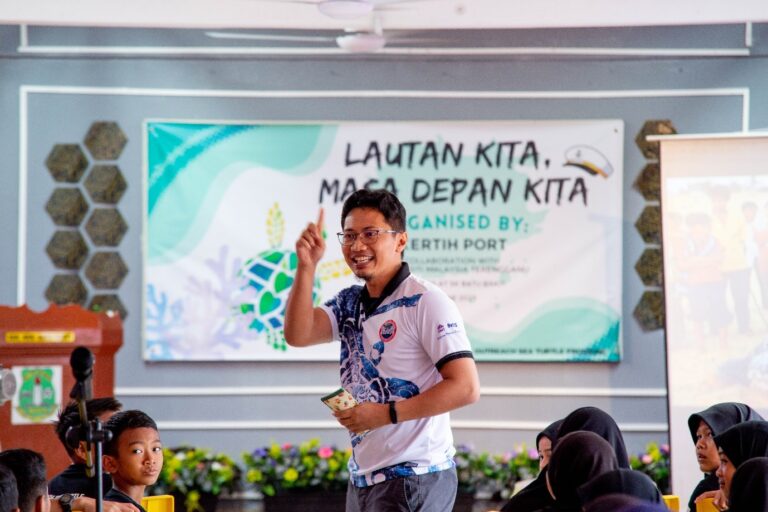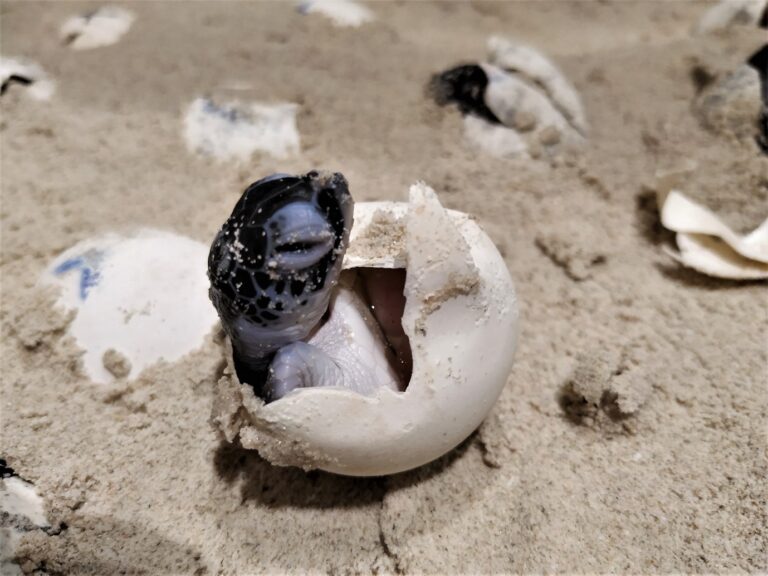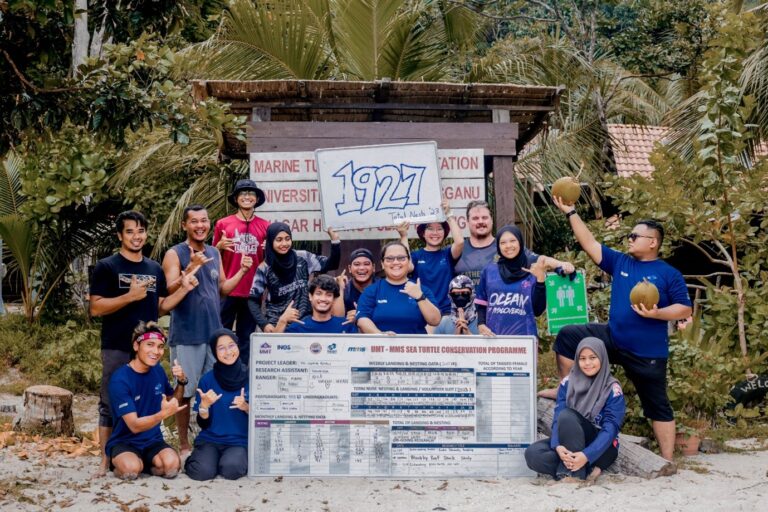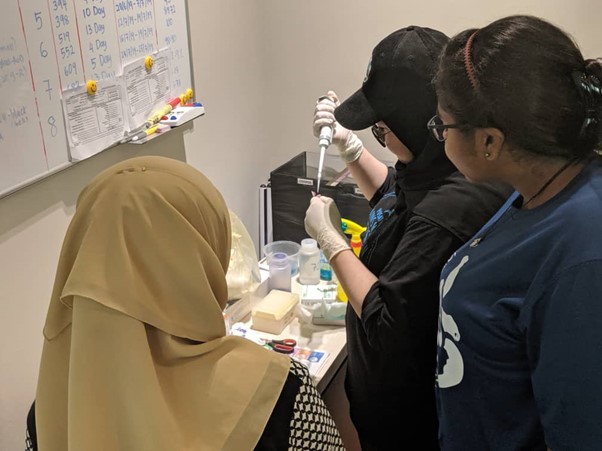Insights from INOS Expert
Rising Temperatures Threaten Turtle Hatchling Gender Balance

By Editorial Team
In a recent report by Nature World News, Assoc. Prof. Dr. Mohd Uzair Rusli highlighted the severe impact of extreme heat on turtle hatchling gender balance in Malaysia. The study draws attention to the critical consequences of rising temperatures on marine turtle populations, particularly affecting the sex ratio of hatchlings.
Dr. Mohd Uzair Rusli, a renowned turtle expert, explained that the sex of turtle hatchlings is determined by the incubation temperature of the eggs. Typically, warmer temperatures tend to produce more female hatchlings, while cooler temperatures result in more males. However, with the increasing global temperatures, there is a growing concern that this natural balance is being disrupted, leading to a disproportionate number of female hatchlings.
Dr. Rusli emphasized that sustained high temperatures could lead to a critical shortage of male turtles in the future, which may significantly affect turtle populations’ genetic diversity and long-term survival. The imbalance in sex ratios could hinder successful mating and reproduction, posing a severe threat to the species’ sustainability.
The phenomenon, known as Temperature-Dependent Sex Determination (TSD), is a natural characteristic in many reptile species, including turtles. Dr. Rusli noted that while TSD has been a successful adaptive strategy over millennia, the current rate of climate change poses unprecedented challenges. “The rapid increase in global temperatures is outpacing the turtles’ ability to adapt,” he stated.
Conservation Efforts and Recommendations
In response to these findings, Dr. Rusli and his team at Sea Turtle Research Unit (SEATRU) of INOS are advocating for enhanced conservation strategies. These include:
- Shading Nesting Sites: Implementing measures to shade nesting sites to help regulate incubation temperatures.
- Relocating Nests: Moving nests to cooler areas to balance the sex ratio.
- Climate Mitigation Efforts: Addressing broader climate change impacts through global initiatives to reduce greenhouse gas emissions.
Dr. Rusli also called for increased monitoring of turtle populations and hatchling sex ratios to better understand the long-term effects of temperature changes. “It is crucial to integrate climate resilience into our conservation strategies to ensure the survival of these vital marine species,” he urged.
Global Significance
The study’s implications extend beyond Malaysia, as similar patterns are likely occurring in turtle populations worldwide. Dr. Rusli’s insights highlight the urgent need for global cooperation in tackling climate change to protect vulnerable species and maintain ecological balance.
In conclusion, Assoc. Prof. Dr. Mohd Uzair Rusli’s research underscores the critical link between climate change and wildlife conservation. His work at INOS not only advances our understanding of marine turtle biology but also provides essential guidance for developing effective conservation practices in the face of a warming planet.





